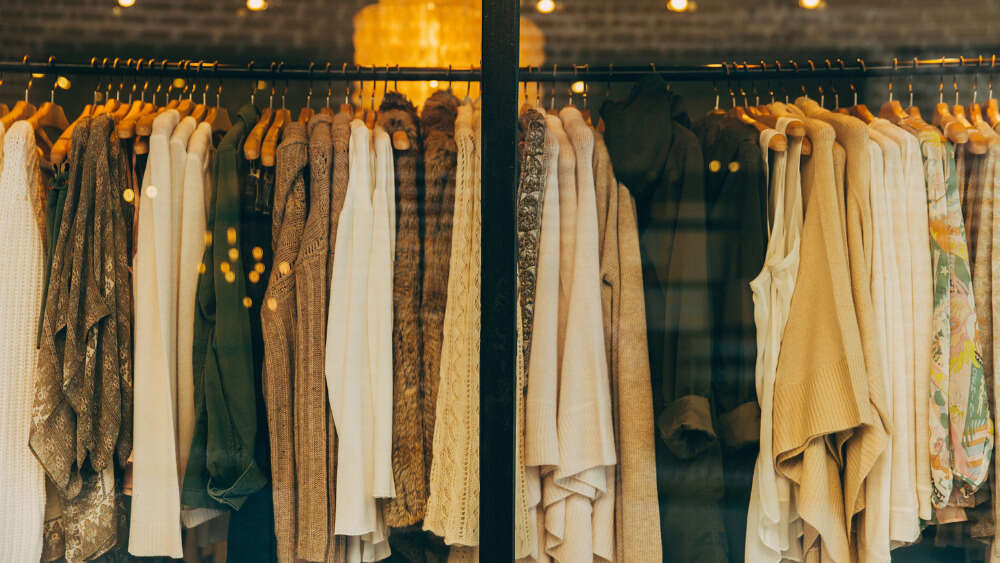Most Australians want to shop ethically when it comes to fashion, but they aren’t doing it.
This is the finding of a new report by Christian aid and development organisation Baptist World Aid Australia – producer of the annual Ethical Fashion Guide – and social research company McCrindle.
The first-ever Australian Ethical Consumer Report shows that while 87 per cent of Aussies want to change their habits to consume fashion more ethically, just 46 per cent are, in fact, regularly purchasing from ethical/sustainable fashion brands.
The two main barriers to changing consumption habits cited by respondents are a lack of knowledge about which brands are ethical, and the additional expense of ethically-sourced fashion.
The most ethical shoppers are Generation Z females.
“There’s a dissonance between who we want to be, and what we’re doing to get there. Almost three in four Australians believe ethical fashion and related issues of human rights and environmental sustainability are important, with three in five consumers becoming more aware of the impacts of their purchases over the past three years,” said Peter Keegan, director of advocacy at Baptist World Aid.
“But a large portion of consumers are still struggling to take those next steps towards purchasing ethically.”
The report also showed generational and gender divides when it comes to ethical consumption. The most ethical shoppers are Generation Z females. This reflects the greater sense of global citizenship among younger generations surveyed, who are more likely to engage with news and other information about ethical fashion.
“Aussies pride themselves on supporting a ‘fair go for all,’ and this couldn’t be more applicable when examining the issues of injustice surrounding ethical fashion. We see younger generations, and women, more open to changing their habits to align with this value,” said Ashley Fell from McCrindle.
“We have a long way to go when it comes to ethical consumption …” – Peter Keegan, Baptist World Aid
Alongside the report, Baptist World Aid has released a five-minute online quiz – ‘My Shopping Type Quiz‘ – to help consumers identify the factors that motivate their shopping choices. After completing the quiz, respondents receive an “ethical consumer score”, along with suggestions on how to shop more ethically.
“This report reveals we have a long way to go when it comes to ethical consumption and understanding the impacts that our purchases have on the environment and people around the world,” said Keegan.
“But with tools like the Ethical Fashion Guide and My Shopping Type Quiz, we can take those next steps towards becoming more ethical consumers.”


